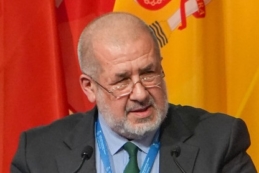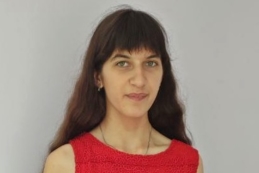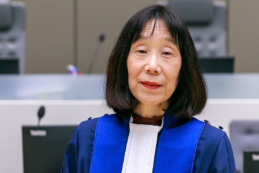collaboration
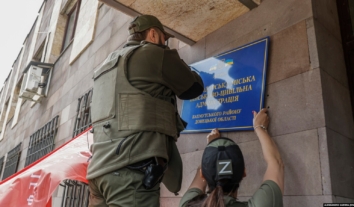
80% of collaboration cases are heard in absentia, without the accused present – ZMINA
The atmosphere of fear and coercion to cooperate with Russian occupiers is not taken into account by current Ukrainian legislation on collaboration when prosecuting individuals

Ukrainian investigators and judges continue to ignore international humanitarian law when considering collaborationist cases
ZMINA releases an analytical report titled "Liability for collaborationism: how has judicial practice changed?", which analyses the verdicts listed in the Unified State Register of Court Decisions
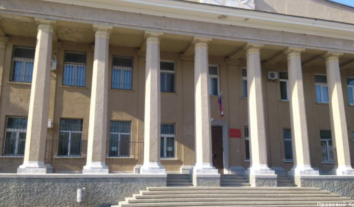
Illegal Crimean “judge” Oleksiy Nanarov sentenced in absentia for the deportation of a human rights defender
This is not the first sentence against the so-called judge Nanarov. In September 2023, he was sentenced in absentia to 12 years with confiscation of property for high treason
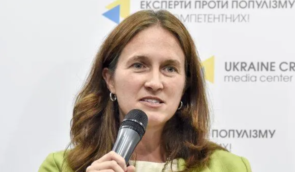
Working in the occupied territories: what international humanitarian law says about it
Noel Calhoun, Deputy Head of the UN Human Rights Monitoring Mission, spoke about international standards that should be applied to the temporarily occupied territories during the Docudays UA discussion, "Educators, doctors, and public utilities in the occupied territories—whom does Ukraine consider collaborators, and is it fair?"

Teachers under occupation: who should be punished for collaboration and what are the problems in the legislation
In Ukraine, since about November 2022, after the liberation of the temporarily occupied city of Kherson, there has been a professional, legal, and emotional discussion about how to approach the issue of educators’ work under occupation



